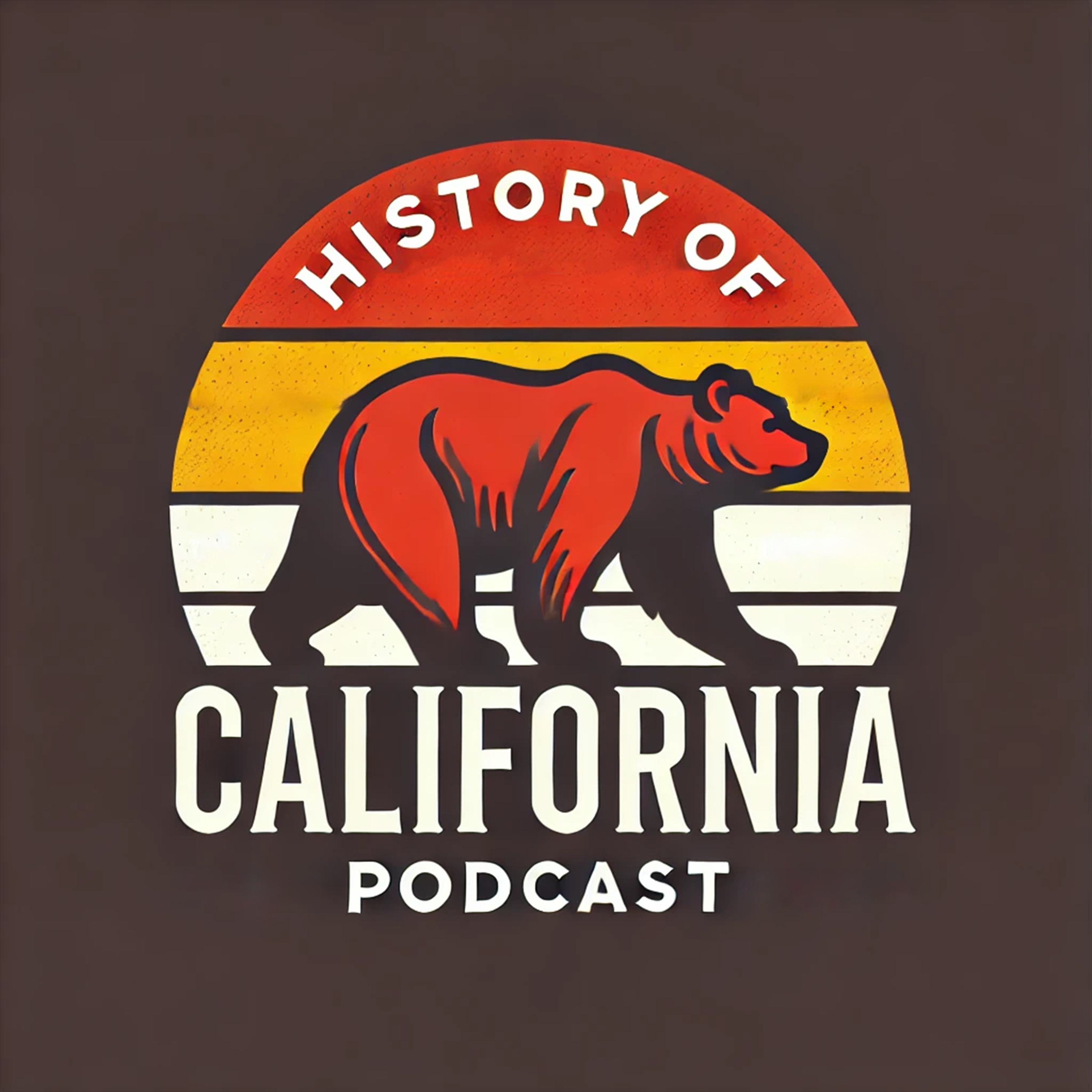Today, we have Gary Krist on the show. Gary has written for the New York Times, the Washington Post, Esquire, the Wall Street Journal, and elsewhere. He is the bestselling author of the acclaimed narrative nonfiction books The Mirage Factory, Empire of Sin, City of Scoundrels, and The White Cascade.
He has also written five works of fiction. Krist has received the Stephen Crane Award, the Sue Kaufman Prize from the American Academy of Arts and Letters, a Public Scholar fellowship from the National Endowment for the Humanities, a Lowell Thomas Gold Medal for Travel Journalism, and other awards.
The subject of today’s episode is Gary’s new book Trespassers at the Golden Gate: A True Account of Love, Murder, and Madness in Gilded-Age San Francisco.
Here’s the description of the book:
Shortly before dusk on November 3, 1870, just as the ferryboat El Capitan was pulling away from its slip into San Francisco Bay, a woman clad in black emerged from the shadows and strode across the crowded deck. Reaching under her veil, she drew a small pistol and aimed it directly at a well-dressed man sitting quietly with his wife and children. The woman fired a single bullet into his chest. “I did it and I don’t deny it,” she said when arrested shortly thereafter. “He ruined both myself and my daughter.”
Though little remembered today, the trial of Laura D. Fair for the murder of her lover, A. P. Crittenden, made headlines nationwide. As bestselling author Gary Krist reveals, the operatic facts of the case—a woman strung along for years by a two-timing man, killing him in an alleged fit of madness—challenged an American populace still searching for moral consensus after the Civil War. The trial shone an early and uncomfortable spotlight on social issues like the role of women, the sanctity of the family, and the range of acceptable expressions of gender, while jolting the still-adolescent metropolis of 1870s San Francisco, a city eager to shed its rough-and-tumble Gold Rush-era reputation.
Trespassers at the Golden Gate brings readers inside the untamed frontier town, a place where—for a brief period—otherwise marginalized communities found unique opportunities. Readers meet a secretly wealthy Black housekeeper, an enterprising Chinese brothel madam, and a French rabble-rouser who refused to dress in sufficiently “feminine” clothing—as well as familiar figures like Mark Twain and Susan B. Anthony, who become swept up in the drama of the Laura Fair affair.
Krist, who previously brought New Orleans to vivid life in Empire of Sin and Chicago in City of Scoundrels, recounts this astonishing story and its surprisingly modern echoes in a rollicking narrative that probes what it all meant—both for a nation still scarred by war and for a city eager for the world stage.

In this introductory episode, we complete some table setting by looking at some of the history and development of railroads before diving into California...

Today, we have an interview with Dean King. King is an award-winning author of ten nonfiction books. Dean relishes the adventures involved in making...

Today, we have Dr. Oliver A. Rosales on the show. Dr. Rosales is a Professor of History and former Faculty Coordinator of the Social...